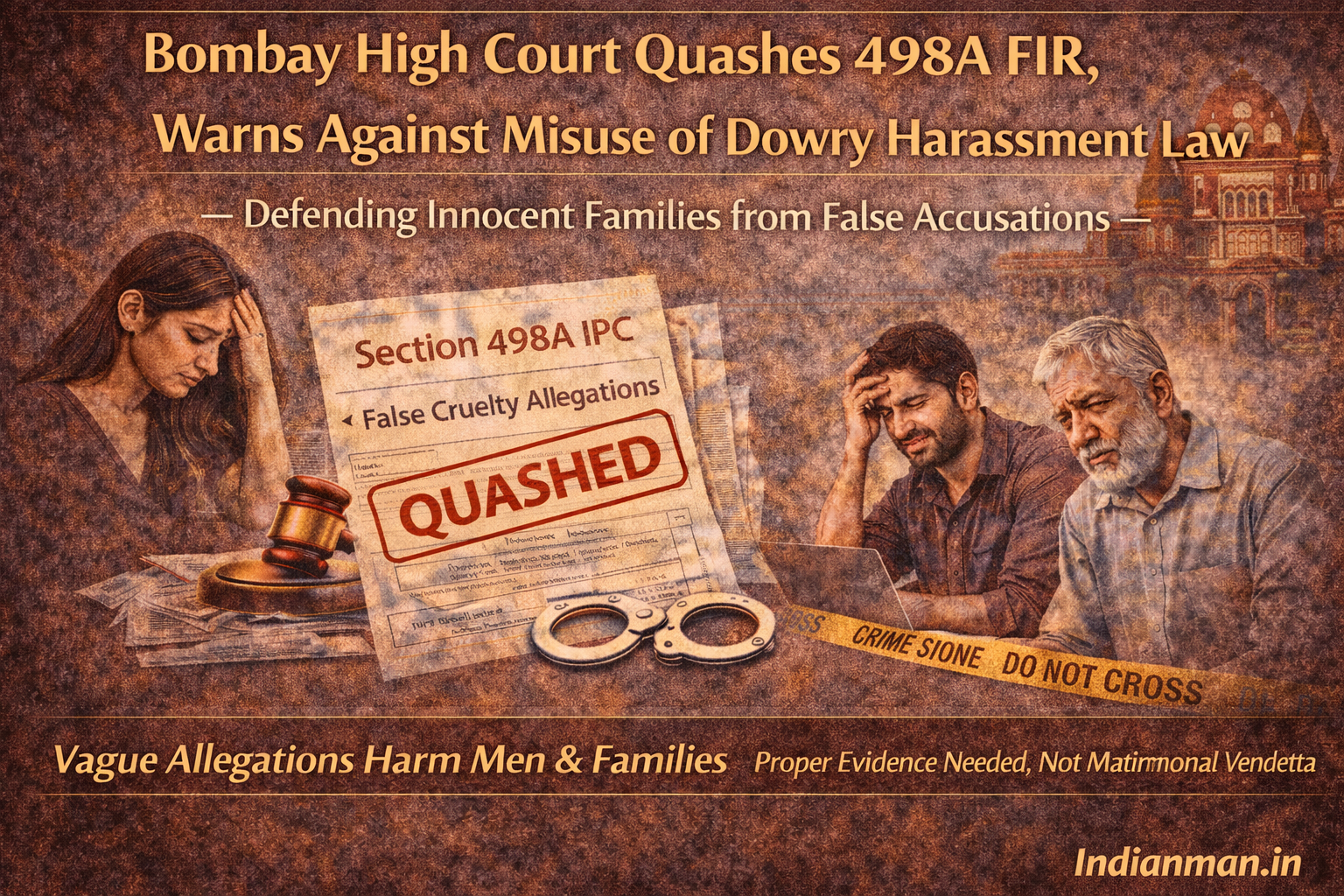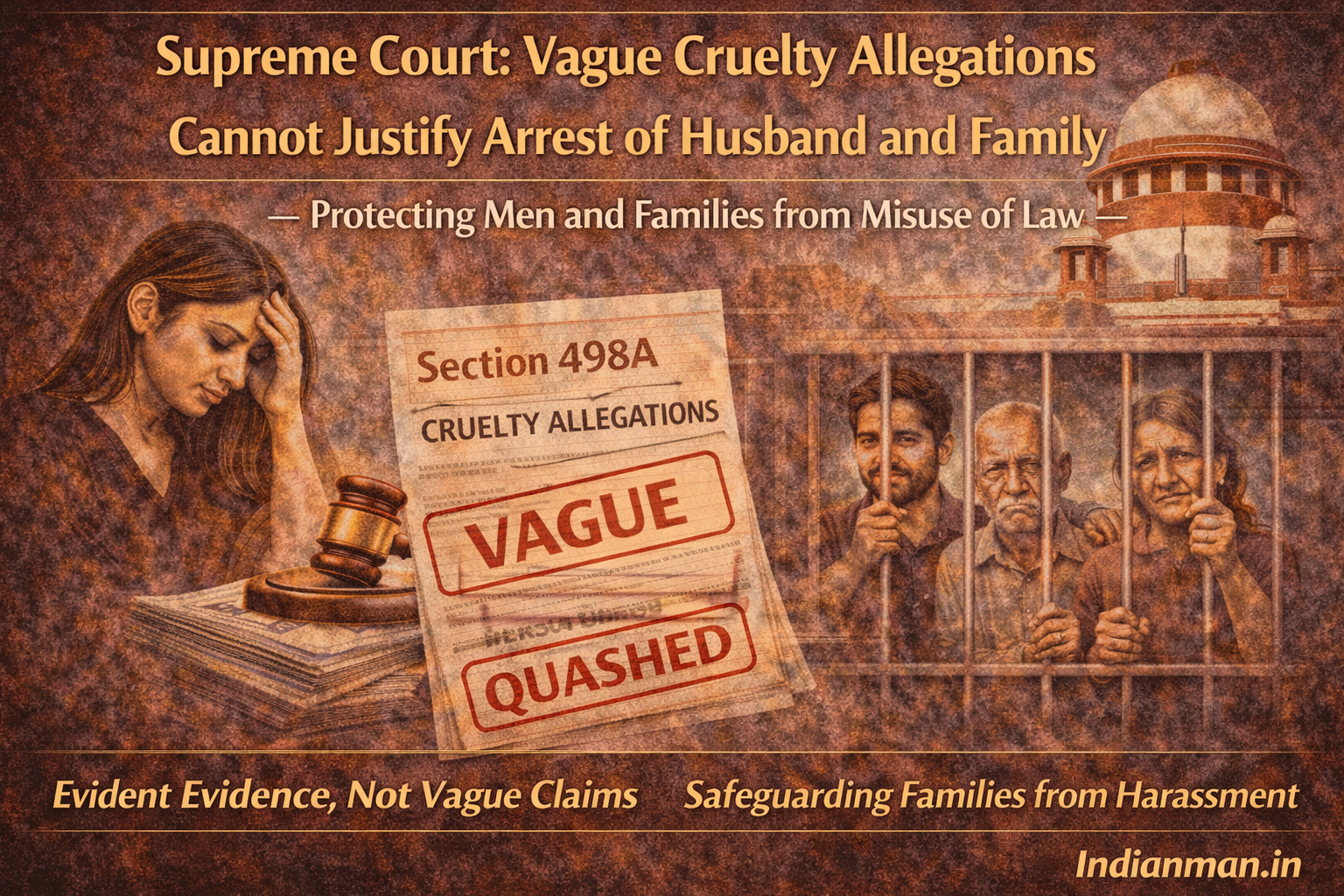The Gujarat High Court recently ruled that a divorced woman can pursue charges under Section 498A of the Indian Penal Code (IPC) if she claims incidents of harassment and cruelty that occurred during her marriage.
This ruling came in response to a petition filed under Section 482 of the Code of Criminal Procedure, 1973, by the complainant’s former husband and his relatives. They sought to quash the FIR registered under Sections 498A, 294(b), 323, 114, 506(2), 494, and 114 of the IPC.
According to the FIR filed by Sonalben, her in-laws and family members subjected her to severe physical and mental harassment. She alleged that they incited her husband to physically assault her. Sonalben also claimed that she was forced to take medication to terminate her pregnancy, and when she refused, her husband threatened her life and abandoned her at her maternal home.
Upon discovering that her husband had remarried, Sonalben decided to file a complaint against her in-laws for emotional and physical abuse. By this time, her husband had already obtained a divorce decree, making Sonalben a divorced woman at the time of filing the FIR.
In its judgment, the court emphasized that the primary charges in the FIR were under Sections 498A and 494 of the IPC. While explaining Section 498A, the court clarified that the terms “the husband” and “relatives of the husband” refer to individuals who are currently in those roles.
However, the court noted that despite the use of the terms “husband” or “relatives of the husband,” the law also uses the word “woman” and not specifically “wife.” This means that a divorced woman can file a complaint under Section 498A IPC, provided the alleged cruelty occurred during the marriage.
After reviewing the FIR, the court found that Sonalben’s complaints did not mention incidents of harassment or cruelty during her marriage. Instead, the allegations seemed to relate to events that occurred after the divorce.
The court stated, “On reading the FIR as it is, it does not disclose essential ingredients of an offence punishable under Section 498A or Section 494 and other related offences of the IPC.” The court added that allowing the FIR to proceed would be humiliating for the petitioners and an abuse of the court’s process. Consequently, the court quashed the FIR and all related proceedings.
Be a part our social media community:
Facebook: https://www.facebook.com/IndianMan.in?mibextid=ZbWKwL
Instagram:
https://www.instagram.com/indianman.in?igsh=MWZ2N3N0ZmpwM3l3cw==




